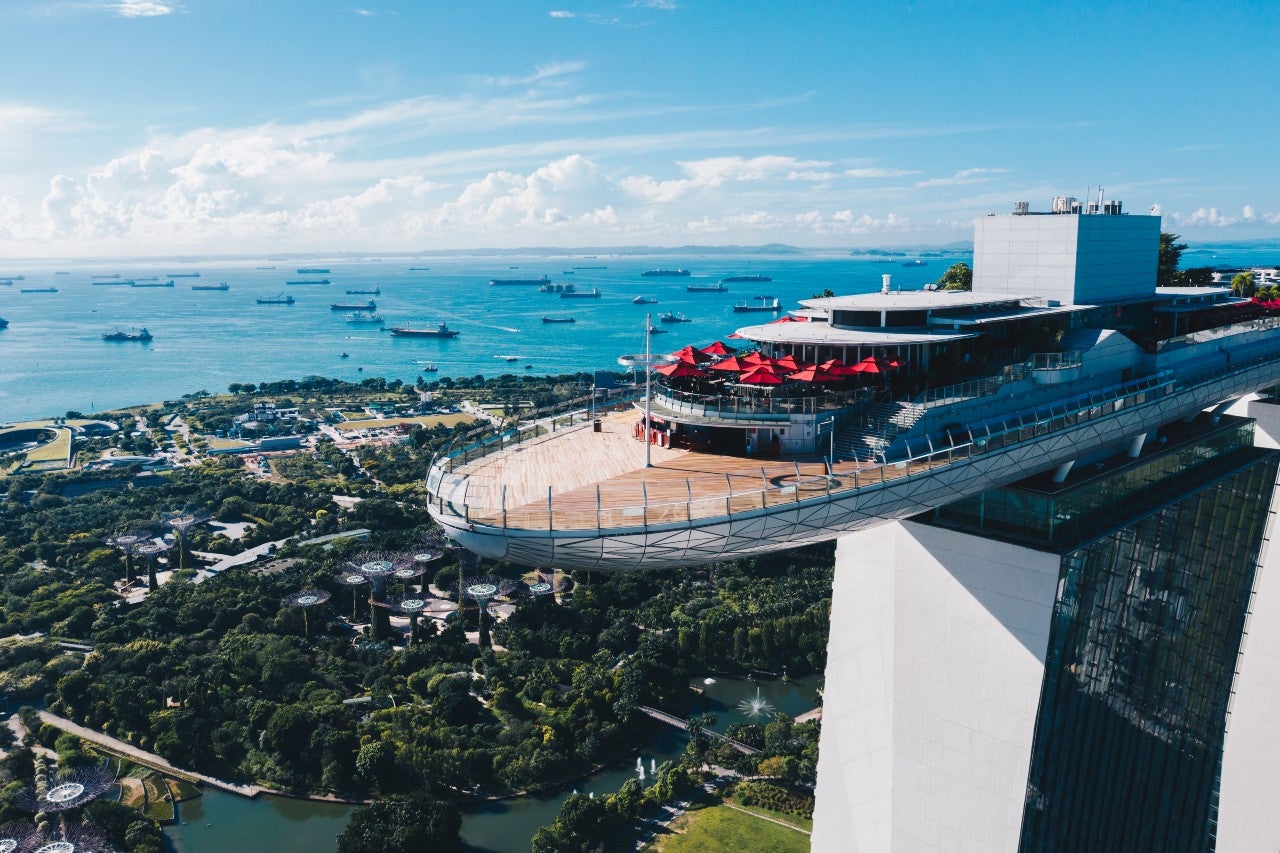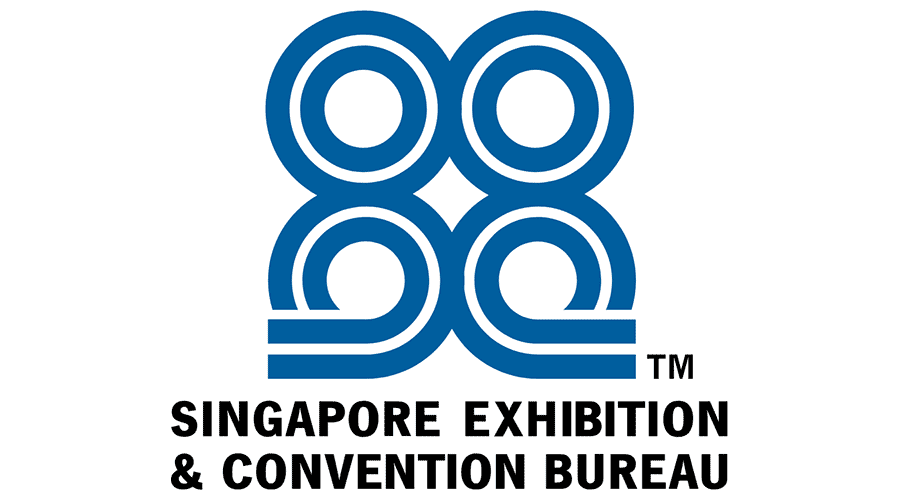
Travellers arriving at Singapore’s Changi Airport will encounter iris-recognition-powered immigration lanes, contactless lifts, and check-in kiosks fitted with proximity sensors. They might even catch a glimpse of the terminal’s autonomous cleaning robots.
These measures are part of Singapore’s efforts to transform its travel offerings to meet the evolving requirements of a post-pandemic world. The city-state has been eager to embrace innovation and lead the conversation on reshaping the future of business travel.
To this end, late last year, Singapore Tourism Board (STB) launched SingapoReimagine, an initiative bringing together public and private sector partners to spur the revival of tourism in Singapore. The scope of its ambition transcends Singapore’s own borders.
As well as rolling out local offerings, a series of forums are under way, creating a space for global stakeholders to share their ideas on how best to strengthen and restore an industry that has been crippled by the pandemic.
“Covid-19 is the biggest crisis we have ever faced in travel and tourism,” STB CEO Keith Tan observed at the SingapoReimagine launch back in November, “but it also offers us an opportunity to reset and revive our industries, in ways that we never imagined possible a year ago.”
A return to business travel
The Global Business and Travel Association predicts a return to pre-Covid-19 levels of business travel by 2024. A recent CNBC survey found that Asia-Pacific is the only region where a majority of CFOs expect their company’s budget for employee travel to return to pre-pandemic levels in the next three years.
Enticing prospective business travellers will largely be dependent on a destination’s ability to reassure them it is safe to visit – as well as messaging that successfully reminds corporations and travellers of the unique benefits and values found in conducting in-person meetings and on-the-ground discovery. Increasingly, destinations are also being measured by how they have handled the pandemic, with successful navigation increasingly linked to an ability to reopen and bounce back quickly.
Strategy for success
One country leading the way in this regard is Singapore. At the time of writing, the city-state has recorded fewer than 30 Covid-19 related deaths and is currently in the process of reopening large parts of society. In late December, as much of Europe faced fresh outbreaks of the virus, Singapore’s Ministry of Health announced social gatherings could be increased to eight people.
The city-state’s strategy for success is largely credited to the government’s strict border controls and introduction of the world’s first digital contact tracing app, TraceTogether. Having learned valuable lessons from the 2003 SARS crisis, Singapore took swift action.
This meant visitor arrivals plummeted by 85.7% in 2020, while tourism receipts dropped by 78.4% for the first three quarters of 2020. However, as vaccination programmes gather pace around the world, the city-state is keen to bolster its standing as a global business destination once again.
New standards
Singapore is the chosen location for the Asian-Pacific headquarters of numerous multinationals, including Facebook, Google and Apple. Ranked second globally for ease of doing business by the World Bank, imposing such tight border controls and dramatically reducing international visitor numbers must have been painful for a destination that so prides itself on being a meeting place for the world.
The pandemic forced Singapore to temporarily close its doors to large swathes of international travellers. As they look to reopen again, travel and tourism leaders know they must ensure that visitors feel as safe and as welcome as they did previously. As well as leveraging Singapore’s traditional strengths, new measures are required.
“To ensure Singapore’s sustained attractiveness as a business and travel hub, we must pioneer new ways to enable safe visitor experiences in a Covid-19 environment,” explains STB executive director for Europe Carrie Kwik.
In February, the SG Clean Quality Mark was launched – a national rating of excellence awarded to businesses that meet high standards of public hygiene. As of December, more than 29,000 premises across Singapore have been certified.
Kwik is impressed by the level of innovation and collaboration demonstrated. “We are glad that some companies have adapted to the challenges and transformed their business models and event formats, adopting digital solutions and virtual engagements to augment face-to-face events and meet the evolving needs of the industry,” she says.
Reimagining Singapore post-Covid-19
Across an even greater canvas, the SingapoReimagine initiative has provided an exciting opportunity to consider how best to position the city-state on the world stage.
“We will be working with international and in-market media, content, key influencers and trade partners to develop engaging content to reach out to international audiences and drive anticipation for travel to Singapore,” explains Kwik.
“In addition, we will be stepping up marketing Singapore as a MICE destination that is safe, trusted and innovative, in order to rebuild consideration of Singapore among MICE event planners through media partnerships, digital and social channels, as well as increased business development efforts.”
This hard work is already paying off. In January, the Professional Convention Management Association partnered with STB and Marina Bay Sands for its Convening Leaders meeting. Opting for a hybrid event model, a ‘Global Broadcast Centre’ was created to host keynote speakers, expert panels and local cultural tours. All attendees underwent Covid-19 testing prior to arrival.
“The event reflects our strong partnerships with leading industry members to strengthen efforts to reimagine the future of MICE events in Singapore, and showcase our ability to host such events safely and effectively through strict protocols and the use of technology,” says Kwik. “It also underscores Singapore’s position as a Global-Asia node for business and has challenged us to think about new and immersive formats.”
This commitment to innovation will be essential for destinations hoping to retain their standing as hubs for business travel post-pandemic – but embracing change is only half the challenge in becoming and remaining a destination of choice. Success in this altered landscape will hinge on the ability to convince travellers of their merits and build back trust.


